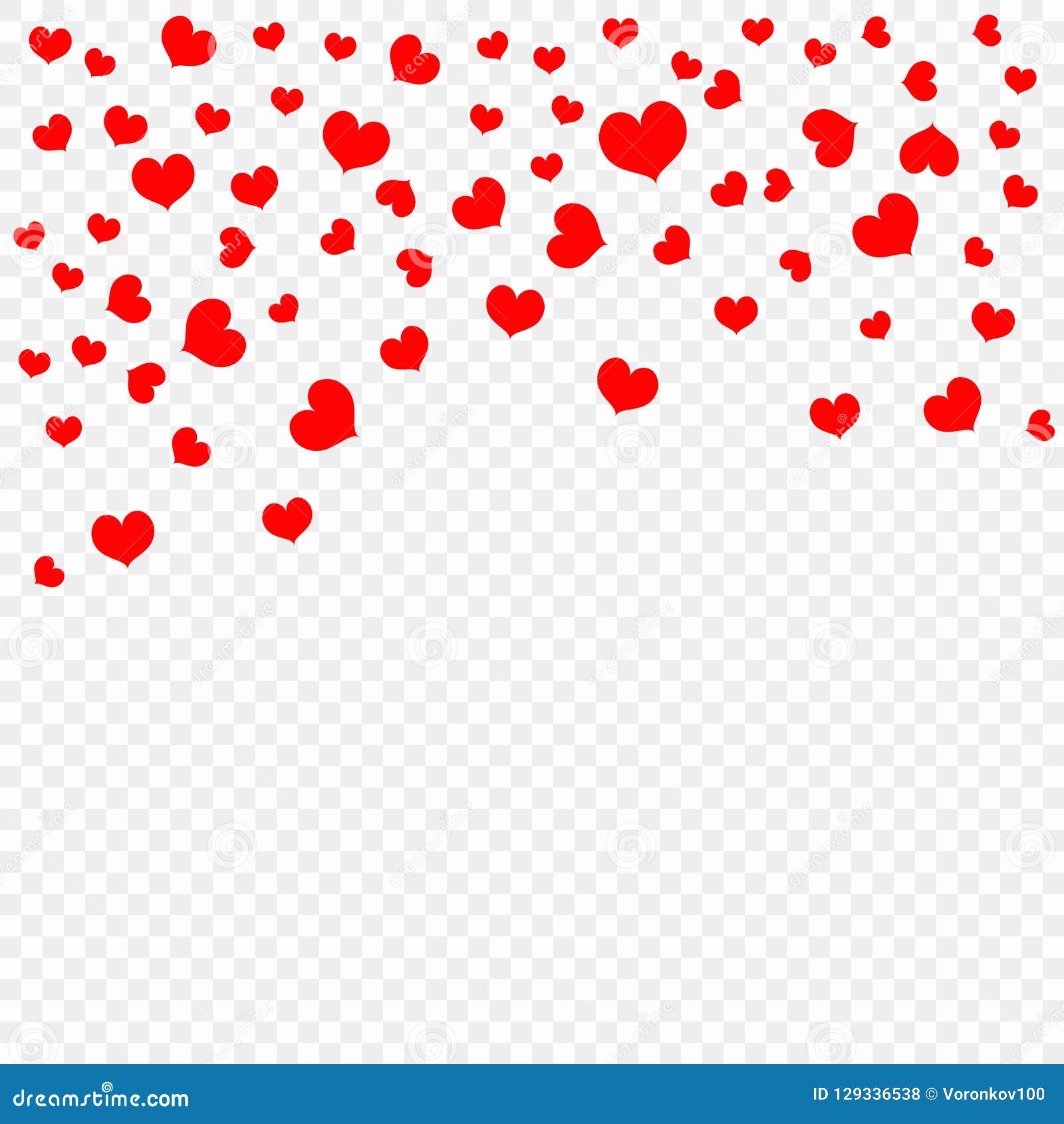

FALLING HEARTS SVG DOWNLOAD
Once you pay your files will be ready to download immediately after your purchase. This means NO PHYSICAL ITEM will be mailed to you This is an instant download, and you will NOT receive any physical items.
FALLING HEARTS SVG LICENSE
You can find a commercial license for selling up to 1000 of one design here -Īnd the POD Print on demand license for one design here. This file is in a bundle! click below to check it out. Two EPS vector files, one black and one white Two PNG files, one black and one white (Transparent Background) at 300dpi You can also use the PNG files to make cards etc.

To date, Health Canada has invested over $130 million through the CBRF which has been matched by Brain Canada and its donors and partners.These files are great for creating t shirts, mugs, prints and signs using a Cricut or Silhouette machine.

The project will also include engagement with Indigenous researchers and inclusion of Indigenous peoples with lived experience.įunding for the Heart-Brain Connection IMPACT Award has been made possible by the Canada Brain Research Fund (CBRF), an innovative arrangement between the Government of Canada (through Health Canada) and Brain Canada Foundation, and Heart & Stroke. The team will also develop new methods to diagnose early declines in brain function, so that patients can receive preventive strategies and to study the intersection between heart failure and dementia which may radically change how doctors treat these conditions in the future. Lee, Principal Investigator of UNEARTH CVD. "By assembling a team of leading Canadian experts in stroke neurology, cardiovascular disease, aging, general internal medicine, family medicine, sex and gender, health services research, basic science, biomedical engineering, biostatistics, bioethics, artificial intelligence and machine learning, we will find better ways to diagnose possible strokes early and prevent devastating effects such as paralysis" says Dr. Michael's Hospital, a site of Unity Health Toronto Lee, Ted Rogers Centre for Heart Research at the Peter Munk Cardiac Centre, UHN, Toronto and Dr. UNEARTH CVD ( Using novel approaches for the early recognition of transient ischemic attack, heart failure and connections with vascular dementia), led by Dr. It will also include components such as an Indigenous-led curriculum to build a network of Indigenous health mentors and trainees to support Indigenous capacity to engage in research. This diverse team will integrate patients' lived experience with expertise in molecular manipulation, in-depth cognitive and cardiac testing, pharmacology, systems biology, clinical trials, epidemiology, biostatistical modelling, machine learning and artificial intelligence. " We aim to change the fundamental disconnect between brain and heart conditions and develop new tools to predict who is at risk and how severely with new diagnostic blood tests and new ways to take pictures of the heart and brain. Together with patient partners, we will also test new treatments that can be used to protect both the heart and the brain." "Our program stems from speaking with patients who were falling through the gaps created when heart and brain diseases are treated and researched separately," explains Dr. "We are confident these teams, these projects and this approach to research will accelerate a much-needed shift around how we explore heart disease and brain disorders." "Putting research into action by sharing knowledge and results are critical components of this award," says Doug Roth, CEO of Heart & Stroke. Teams will begin work on their projects in 2022 and there are plans to bring the two teams together to share updates on their work as early as 2023. These projects challenge that system through broad collaboration. The impact of these heart-brain connections on people's lives and on the health care system is profound, especially given our health system is designed on a "single disease" model – with different conditions being treated by different specialists. In fact, 20% more people die of heart-brain related conditions than from all cancers. Currently, one person dies in Canada every five minutes from heart disease, stroke or vascular cognitive impairment, outpacing other diseases. The four-year projects will study urgent questions linking heart and brain health with the aim of making changes to patient care and improving outcomes for people in Canada.


 0 kommentar(er)
0 kommentar(er)
